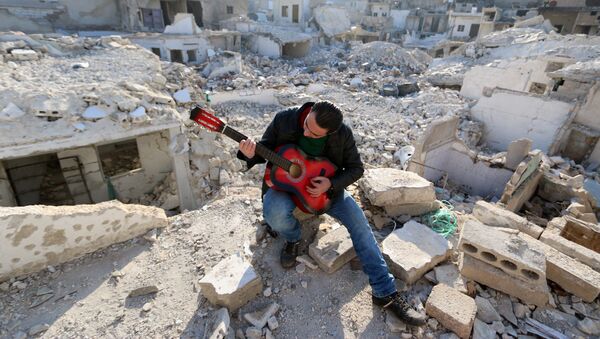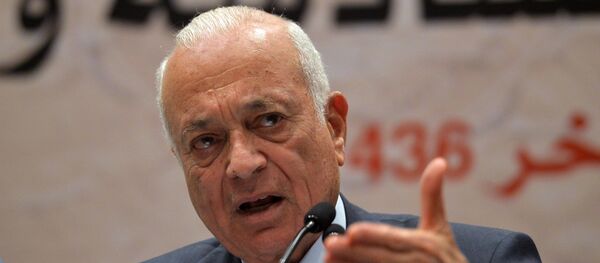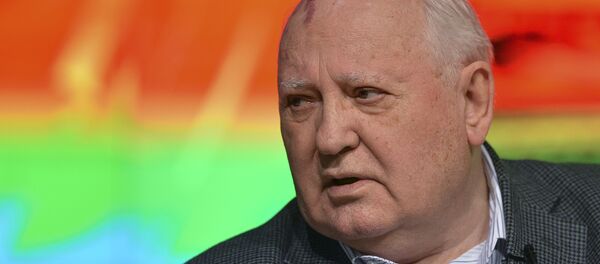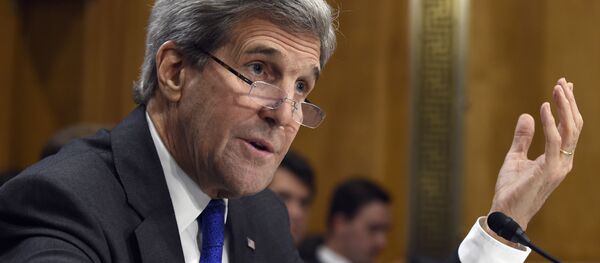MOSCOW (Sputnik), Alexander Mosesov — On Monday, Moscow and Washington announced an agreement on cessation of hostilities between the Syrian government of President Bashar Assad and the armed opposition factions had been reached. The agreement will come into force on February 27.
"The agreement seems to be an important milestone since any form of compromise from either the government or the opposition has been so far from reality throughout this conflict. However, it's not perfect," Renad Mansour, Carnegie Middle East Center fellow said.
According to Mansour, the deal does not necessarily mean a cessation of violence in Syria, as some extremist groups, such as Daesh, may continue fighting and instigating violence.
"ISIL will seek to provoke the regime and other partners to ensure that the ceasefire or political developments are thwarted. The international community needs to make continue working with their various proxies to ensure that violence does not re-start due to provocations," the expert added.
According to Mansour, the international community needs to properly consider such questions as "what will happen to the regime or what will a transition look like more specifically."
So far, the reputation of ceasefires in Syria, which have rarely been observed for a significant time, "has not always been positive," Doyle added.
"Given the lack of trust, the fears and the previous failures, it’s difficult to be overly optimistic but it [the deal] is a small micro step in that direction if there is a secession of hostilities implemented," Doyle said.
He added that the outlawed by Russia and the United States Daesh and al-Nusra extremist militant groups, which have been excluded from the ceasefire deal, "both have a distinctive spoiler role in this."
Syria has been mired in civil war since 2011, with the country’s government fighting numerous opposition factions and jihadist groups.
The United States and Russia co-chair the International Syria Support Group (ISSG), a diplomatic grouping under the auspices of the United Nations. The 17 ISSG members met in Munich earlier this month and agreed on a temporary pause in hostilities in Syria.




